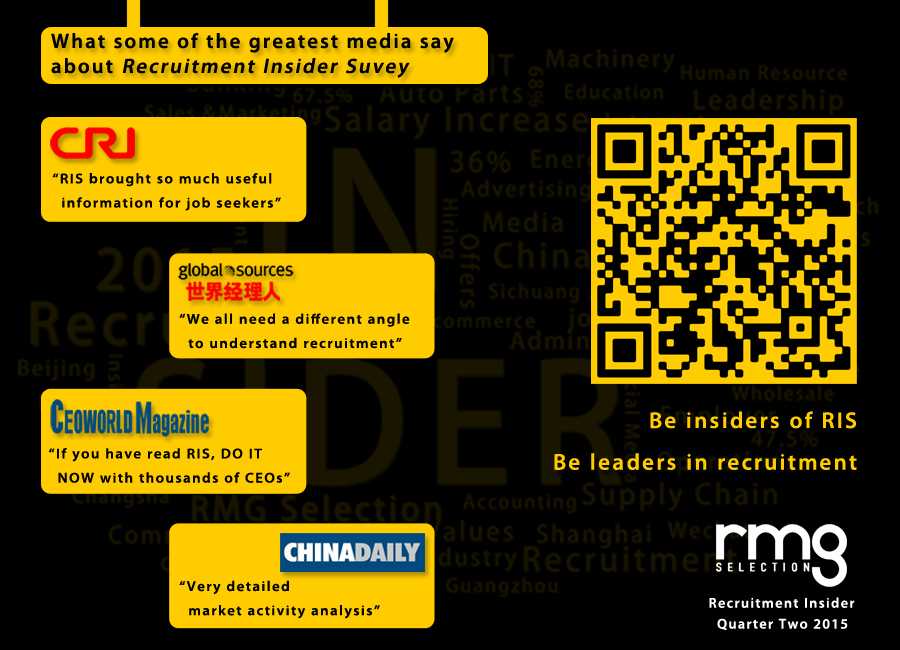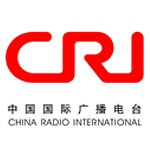
Find Your Job on Chinese Social Media
If you think Chinese New Year is about visiting family to extend greetings and give “red envelopes”, it’s time for you to connect with your friends! Ninety percent of New Year’s greetings I received this year were via WeChat, and guess what, there were “red envelopes” in them! Today, sending lucky money in red envelopes through Chinese social media has become a new trend among young Chinese people. This shows the popularity of social media in China and its power to transform tradition. More important, it is becoming an emerging force in recruitment. So, if you are worried about your latest job application and haven’t received feedback from CVs you have sent out, social media could be another avenue to explore job opportunities and increase your long-term career prospects.
Is Chinese social media or foreign social media an effective job seeking tool? The way employers attract talent through social media answers this question. The Wabco case is an example. Wabco, with nearly 10,000 employees, is a leading global provider specializing in commercial vehicle safety and efficiency control systems. According to Sophie Liu, HR manager of its Qingdao Branch, Renren has become one of their major channels for campus recruiting. The company also posts vacancies and up-to-the-minute company news on its public WeChat account, which it opened in 2013. The dedicated team operating it creates more effective communication between candidates and the company. They now receive 30-plus CVs every day via social media. And other competitors in this industry have started to use this new recruitment method, too.
Inter-personal communication is another example of how social media can boost your career. You can connect directly with HR managers or hiring directors via social media. In addition to LinkedIn, the famous social media site for professional networking around the world, there are many alternatives Chinese people use for this purpose, for example, Dajie, Wealink and Tianji. Compiling a thorough profile on social media and sending invitations to HR departments will expand your job opportunities.
To build an effective connection with others and be a candidate the HR departments you are aiming at can instantly locate, you can try the following career-boosting 101 on professional social media:
- Open an account on one or several networking sites and paint a complete picture of your skill set.
- Make your job objective and intended career path clear to others, assigning to it and tagging five to eight key words. Reiterate them as often as you can in your self-introduction.
- Pick an appropriate profile picture. If you don’t want to use an official portrait, that’s fine, but the photo of you sunbathing on the beach is an absolutely no-no.
- Update posts related to your industry and the position whenever possible.
- Make sure your basic contact information is available on all your accounts because it is not 100 percent certain you can be active on all of these. For example, you could add your WeChat QR code to your LinkedIn page and make sure your WeChat is redirected to LinkedIn. This will save time in your communications.
Of course, there are pros and cons to social media as a job-seeking platform. What you say on social media matters, so be careful. Remember this: What you post online could be a reason why companies do not want to hire you. Do not post a fiery speech or negative and confidential information about your current employer or related business secrets. Check everything before you post, in case you accidentally send something confidential out. Don’t complain about your current or previous employers. Finally, make sure you chose the right time to post. Posting online during working hours is a rather foolish move. Would you hire someone who was constantly updating his or her WeChat Moments while at work? Think about it.
The magic of social media is about more than multiplying the number of CVs employers receive. It is about increasing the influence of brand culture and improving communication. As Sophie Liu said, “Social media will add more soft power to a company.” For job seekers, your hard power matters; but social media could provide more added value to your soft power. If landing the perfect job is indeed 99 percent hard work and one percent good luck, why not make full use of social media to get lucky?
Read the original article:
http://www.chinatoday.com.cn/ctenglish/se/txt/2015-04/07/content_681956.htm
 Click HERE to take Recruitment Insider Q2
Click HERE to take Recruitment Insider Q2

 In a commercialized era like today, we really need to think about “sell” our uniqueness in our life for a better job, a better status, or simply getting more businesses. How well we are going to sell ourselves sometimes not only depends on the capacity, but on how loud a “brand name” we have. So today we are going to talk about this “name” thing-personal branding.
Ruben de van Boer, senior recruitment consultant of RMG Selection, offers his views on personal branding. As specialized recruitment consultant in the field of logistics and warehousing, Ruben builds up his brand name among friends, candidates and clients gradually. Are you curious about Ruben’s secrets of branding himself to the maximum extent? Then you shouldn’t miss this week’s Career Builder.
In a commercialized era like today, we really need to think about “sell” our uniqueness in our life for a better job, a better status, or simply getting more businesses. How well we are going to sell ourselves sometimes not only depends on the capacity, but on how loud a “brand name” we have. So today we are going to talk about this “name” thing-personal branding.
Ruben de van Boer, senior recruitment consultant of RMG Selection, offers his views on personal branding. As specialized recruitment consultant in the field of logistics and warehousing, Ruben builds up his brand name among friends, candidates and clients gradually. Are you curious about Ruben’s secrets of branding himself to the maximum extent? Then you shouldn’t miss this week’s Career Builder.



